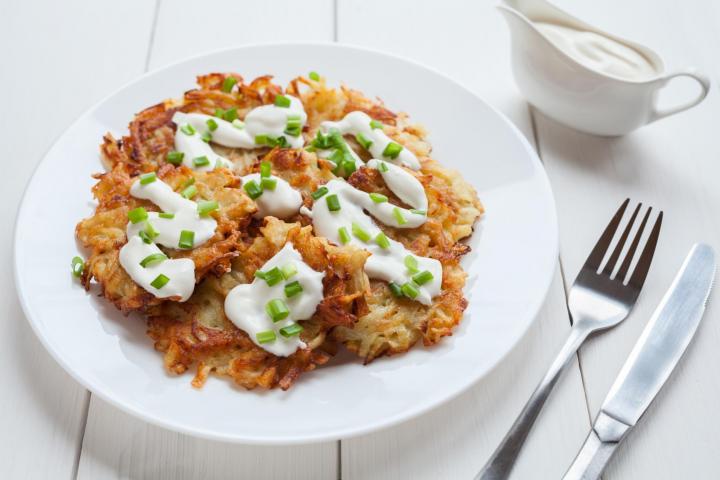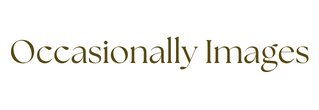This year, Hanukkah starts at dusk on Sunday, December 18. Discover the origins of Hanukkah, its traditions, and some authentic foods!

Hanukkah: What Is It?
The eight-day winter “festival of lights” known as Hanukkah (sometimes written “Chanukah”) starts on the 25th day of the Jewish month of Kislev every year.
The dates of Jewish festivals on the Gregorian calendar vary from year to year since the Hebrew calendar is based on the lunar cycle. As a result, the start of Hanukkah might fall anywhere between late November and late December.
Hanukkah, in essence, celebrates the rededication of the Temple in Jerusalem following a group of Jewish fighters’ victory over the Greek occupying army. The event honours the victory of good over evil and of spirituality over worldly pursuits. Continue reading to discover more about the origins of it.
When Is It?
At dusk on Sunday, December 18, 2022, Hanukkah begins and lasts until Monday, December 26. On the first night of Hanukkah, the Chanukiah (menorah) is lighted with the first candle.
The dates below indicate the start and finish times of Hanukkah. Check your area’s sunrise and sunset times.
| Year | Hanukkah Begins | Hanukkah Ends |
| 2022 | Sunday, December 18 | Monday, December 26 |
| 2023 | Thursday, December 7 | Friday, December 15 |
| 2024 | Wednesday, December 25 | Thursday, January 2, 2025 |
| 2025 | Sunday, December 14 | Monday, December 22 |
An Overview of Hanukkah’s History
This holiday honours the occasions when the Syrian monarch Antiochus commanded the Jews to forsake the Torah and openly worship the Greek gods, which occurred in Judea more than 2,000 years ago.
This action sparked an uprising under the leadership of Judas Maccabeus, which culminated in the recapture of the Temple in Jerusalem after it had been looted by the Syrians. Even though the Jewish army was small, they were successful.
The “Maccabees,” as the rebels came to be known, cleaned and rededicated the Temple during an eight-day period.
The candelabra miraculously stayed lighted for eight days despite the Talmud claiming that there was only enough sanctified oil to relight it for one day.
What Is the Meaning of Chanukah (or Hanukkah)?
Chanukah is a Hebrew word that signifies “inauguration” or “dedication.” The alter and the Temple were in ruins following the revolt. The Maccabees constructed a new altar and buried the old one’s stones. It commemorates the altar and Holy Temple’s rededication as a result.
Hanukkah is pronounced in what way? The Hebrew word is really pronounced kha-nu-kah, not tcha-new-kah, with a guttural “kh” sound.
How to Celebrate Hanukkah
The Chanukiah or menorah, an eight-branched candelabra with room for a ninth candle, the shammes, used to light the others, is lit every evening as the focal point of the celebration.
On the first night of Hanukkah, one candle is lighted; a second candle is lit on each subsequent night, and so on until the Chanukiah is completely lit on the eighth night.
Due to the significance of lighting candles, It is also known as the Festival of Lights or the Feast of Lights.
Try These Hanukkah Recipes

In order to remember the original miracle of the oil, many recipes call for meals that have been cooked in oil. During Hanukkah, dairy items are also quite popular.
The most well-liked dishes are rugelach pastries, sufganiyot (deep-fried or jelly doughnuts), applesauce, and latkes (fried potato pancakes).
Hanukkah Traditions
Consumer presents are not a tradition; the candles on the menorah are supposed to remind us of the miracle and to keep our attention on this holy goal. As the lights were lighted each day, additional money was traditionally donated to charity. In order for even the most impoverished people to distribute candles door to door without feeling ashamed, this practise began.
Giving children money (known as Hanukkah gelt) and playing games with the dreidel, a four-sided spinning top, are other traditional customs. The phrase Nes Gadol Hayah Sham, or “a great miracle happened there,” is an abbreviation that is inscribed in Hebrew characters on the sides of a dreidel. It alludes to the miracle of the oil.
Do you celebrate Hanukkah? If so, kindly include the customs from your family below!
If you want to know about Kwanzaa you can check HERE.
